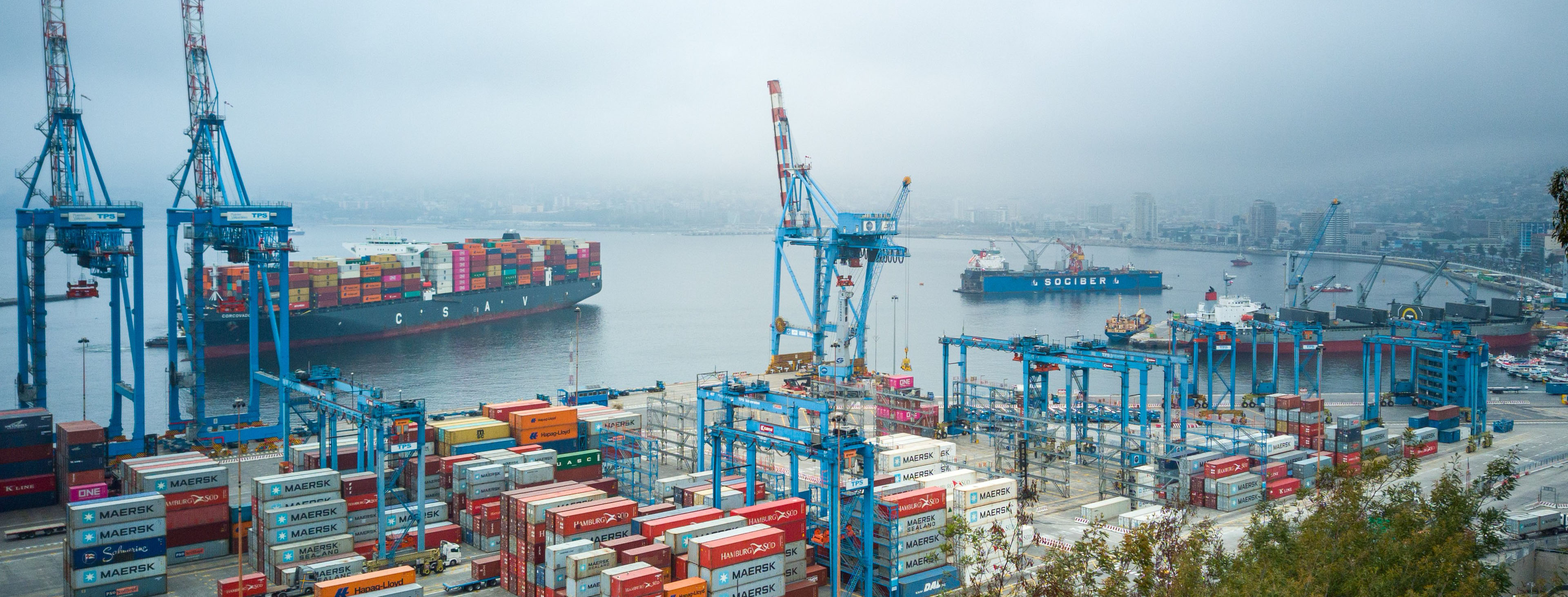
20 September 2024 • 6 minute read
Industrials Regulatory News and Trends - September 20, 2024
Welcome to Industrials Regulatory News and Trends. In this regular bulletin, DLA Piper lawyers provide concise updates on key developments in the industrials sector to help you navigate the ever-changing business, legal, and regulatory landscape.
CFIUS review extended in proposed U.S. Steel acquisition. The Committee on Foreign Investment in the United States (CFIUS) will allow Nippon Steel and U.S. Steel to resubmit their application for Nippon Steel's proposed $15 billion acquisition of U.S. Steel. The 90-day extension, announced September 17, comes after a week of drama surrounding media reports that CFIUS may be preparing to block the deal. President Joe Biden has previously stated his opposition to the takeover; Republican presidential nominee Donald Trump and Democratic nominee Kamala Harris have each said they oppose the deal, as have the United Steel Workers and some members of Congress. There are also many supporters of the transaction, particularly on the heels of Nippon Steel's recent announcement of its planned multibillion-dollar investment to improve aging U.S. Steel facilities and technology. This latest development effectively postpones the CFIUS decision until after the election. David Burritt, CEO of U.S. Steel, said he is “extraordinarily confident” the acquisition will be allowed to proceed “on its merits.” See some of our earlier coverage.
Stellantis recalling nearly 1.5 million vehicles because of software issue. On September 7, Stellantis, the parent company of Chrysler, announced that Chrysler is recalling 1.46 million vehicles worldwide because of a software malfunction in the anti-lock brake system. The recall includes Ram 1500 trucks from the 2019 and 2021-2024 model years in the US. The National Highway Traffic Safety Administration said that a software malfunction may result in the anti-lock brake system control module disabling the electronic stability control system. As a result, those vehicles do not comply with a federal motor vehicle safety standard that requires electronic stability control systems to operate in all phases of driving. Stellantis said the recall resulted from “a routine review of customer feedback.”
Chemical groups urge reinstatement of key manufacturing-security program. On September 10, just ahead of the 23rd anniversary of the 9/11 attacks, the American Chemistry Council and the Alliance for Chemical Distribution joined the Department of Homeland Security in a joint statement about the Chemical Facility Anti-Terrorism Standards program and its value to industry and government in protecting sensitive chemical manufacturing plants from acts of terror. The two chemical groups also highlighted the ongoing steps they are taking to urge Congress to reauthorize this program, which expired in July 2023. They said that the program has long been recognized as “the global standard for chemical security, giving both industry and government peace of mind in the efforts taken to keep communities safe and support the critical and safe operations of our industry.
EPA moves to dismiss a PFAS case. The EPA has filed a motion to dismiss a lawsuit brought by a group of Texas farmers and ranchers who want the agency to identify and regulate several per- and polyfluouroalkyl (PFAS) chemicals in biosolids – popularly nicknamed sludge – under its Clean Water Act authority. The plaintiffs allege that their health, land, and livestock have been substantially harmed by PFAS-contaminated sludge. They hope to compel the agency to add 18 PFAS chemicals to its biannual list of pollutants of concern in sewage sludge and to require it to place limits on the presence of 11 PFAS chemicals in such biosolids. In its September 9 motion to dismiss, the EPA argued that its duties in this area are discretionary – it is not required to add any newly identified chemicals to its biannual list, nor to set limits on the listed pollutants. The case is James Farmer et al v. EPA.
Robotics company gets major US Air Force contract. On September 16, the US Air Force announced that it is awarding Reliable Robotics, a software company, an indefinite delivery, indefinite quantity contract to develop autonomous Air Force air taxis and refuelers via its dual-use advanced autonomous flight system. The Air Force says it is seeking commercial technologies like Reliable’s to enable operations of longer duration in contested environments while increasing safety, reducing demands for aircrews, and lowering procurement costs. In August, Reliable Robotics took part in Agile Flag 24-3, an Air Force simulation of the new Agile Combat Employment concept, in which air forces would be deployed from multiple small forward bases in austere locations. Reliable was founded in 2017 by Robert Rose, formerly Director of Flight Software at SpaceX, and Juerg Frefel, formerly head of the Compute and Avionics Platforms Development team at SpaceX.
IMO striving to cut GHG emissions in shipping. The UN’s International Maritime Organization (IMO) has been working toward the ambitious emissions reduction targets its 176 member states set last year in its 2023 IMO Strategy on Reduction of GHG Emissions from Ships – aiming to reduce CO2 emissions from maritime transport, as an average across international shipping, by at least 40 percent. Currently, the IMO is developing an impact assessment, a maritime fuel standard – part of the mechanism for determining the GHG limits ships may emit – and a system of fee incentives. Unusually, this month and next month member states are meeting three times to hammer out the implemented regulations. They met early in September to workshop impact assessments of the proposed measures, then at a 17th intercessional meeting in mid-September, and will convene again in October during the 82nd meeting of the Marine Environment Protection Committee (MEPC). These gatherings will produce a final agreement, which member states will then need to review. Even that process will be unusually accelerated: observes are expressing hope that the measures will be ready to present to MEPC for approval at its spring 2025 meeting.
Op-ed asks: When, exactly, is a product “recyclable”? A September 4 op-ed in Plastics Today contends that environmentalists are distorting the meaning of the term “recyclable” in a way that will harm industry’s long-term efforts to make their products recyclable. The editorial said that the term “recyclable” simply means “capable of being recycled,” just as “washable” means “capable of being washed” or “flyable” means “capable of being flown.” This distortion, affirms author John Spevacek, an assistant professor of engineering at Wake Tech Community College, distorts the word’s meaning and could harm the causes of environmentalism and recycling. Spevacek states, “If this definition convinces the public that plastic is not recyclable, that collective memory will last for a long time, even once plastic recycling becomes commonplace.”


